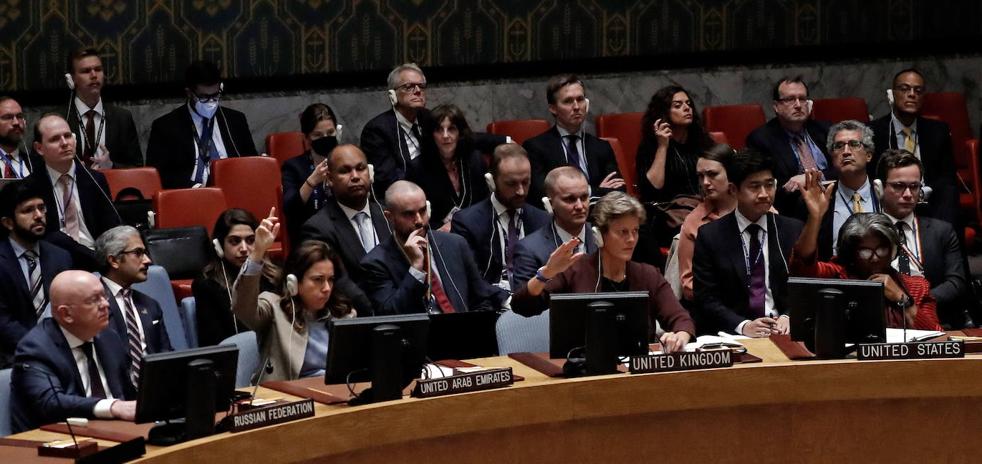According to experts from the World Biodiversity Council IPBES, one million of the estimated eight million animal and plant species on earth are threatened with extinction. A conservative estimate is that ten percent of insect species alone are endangered. Pollinator extinction is particularly serious: most of the plants we eat depend on them to thrive. An agreement to conserve biodiversity is being negotiated at the UN Conference on Endangered Species in Montreal.
Negotiations in Canada are getting under way as the meeting ends on Monday. AEnvironment Minister Leonore Gewessler (Greens) came from Austria. Biodiversity is the “foundation of life on this planet”, but it seems as if we would do anything “to shake this foundation. This cannot be our common path,” Gewessler said during her speech. She warned against waiting until the situation became hopeless. Austria remains “strongly in favor of implementing a common set of rules to protect biodiversity”.
Goal: protect 30 percent of the country
Organizers, scientists and representatives of non-governmental organizations hope for a global agreement on the protection of species – similar to the Paris climate agreement. One of the main goals is to protect at least 30 percent of the world’s land and sea areas by 2030. However, it is doubtful that such an agreement will succeed – mainly because of differences in funding. In the texts for a possible deal, many points are still bracketed as unresolved.
Chinese head of state and party leader Xi Jinping said in his video address that a healthy ecosystem is essential to the well-being of civilization: “We need to reach a global consensus on protecting biodiversity,” and work together to reach an agreement. Targets and ways must be set to protect biodiversity, the Chinese president said. Developing countries should be supported in building their capacity to protect species.
Harmful subsidies must be phased out
The nature conservation organization WWF also warned in a broadcast that the conference, progress so far has been described as disappointing. “In key areas, it risks even falling short of targets set 12 years ago that have not been achieved since,” criticizes Karim Ben Romdhane, WWF species conservation expert and member of the Austrian delegation in Montreal. For example, some states would question previous agreements when it came to reducing environmentally harmful subsidies.
The organization Business for Nature estimates that around 1.7 trillion euros are spent worldwide on subsidies that destroy nature – for example, on farmers. This corresponds to two percent of the global gross domestic product. Montreal is talking about reducing such destructive subsidies by at least 470 billion euros a year.
“Peace with Nature”
UN Secretary-General António Guterres called for “peace with nature” at the start of the conference. Because experts agree: humans need the diversity of species, it is essential for survival. The main threats are habitat destruction, over-exploitation of land, climate change, pollution and the spread of invasive species. More than half of the global gross domestic product depends on nature, the World Economic Forum 2020 calculated. When ecosystems are destroyed, the construction sector is hardest hit, followed by agriculture and the food and beverage industry.
Source: Krone
I am an experienced and passionate journalist with a strong track record in news website reporting. I specialize in technology coverage, breaking stories on the latest developments and trends from around the world. Working for Today Times Live has given me the opportunity to write thought-provoking pieces that have caught the attention of many readers.


